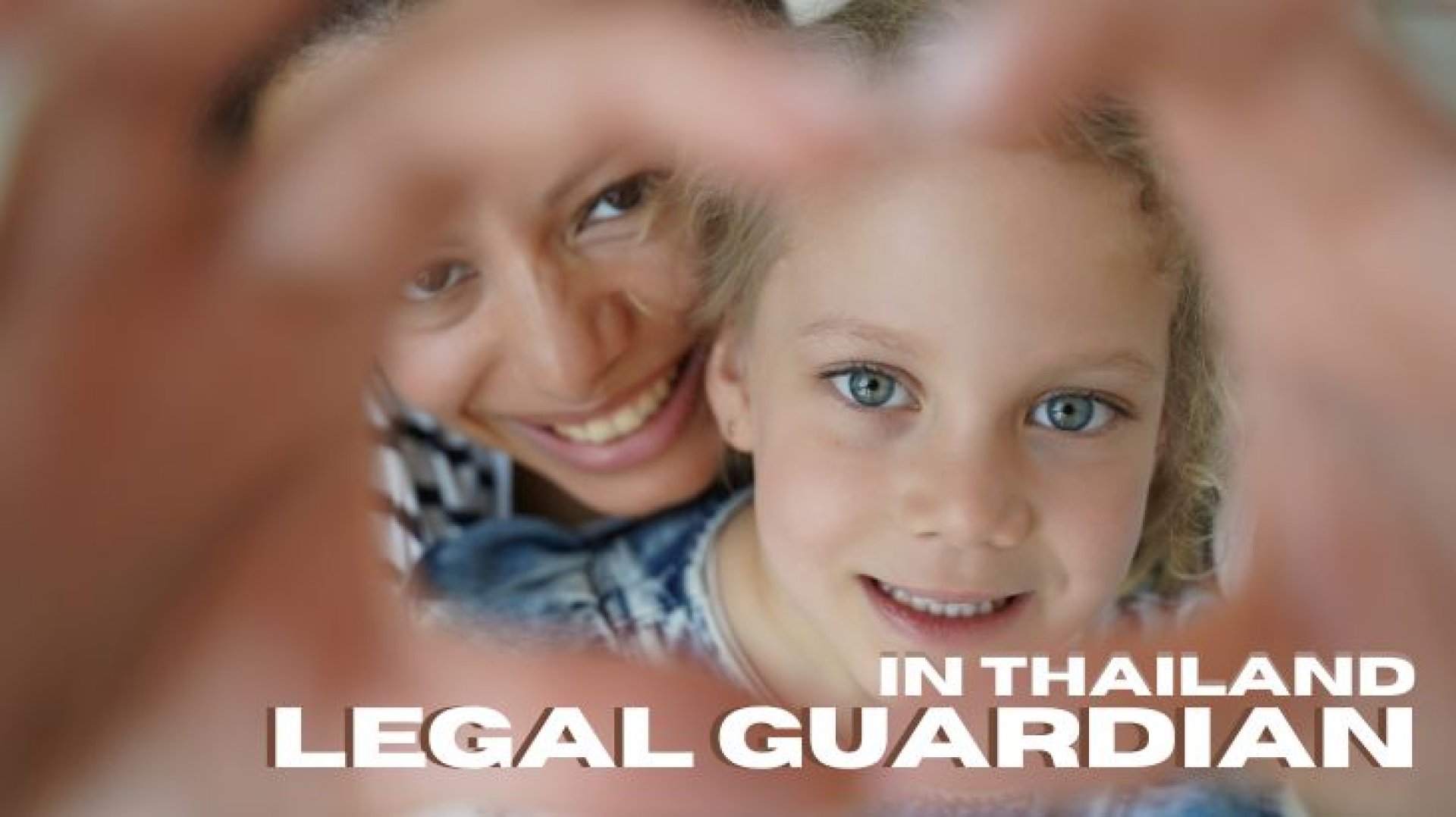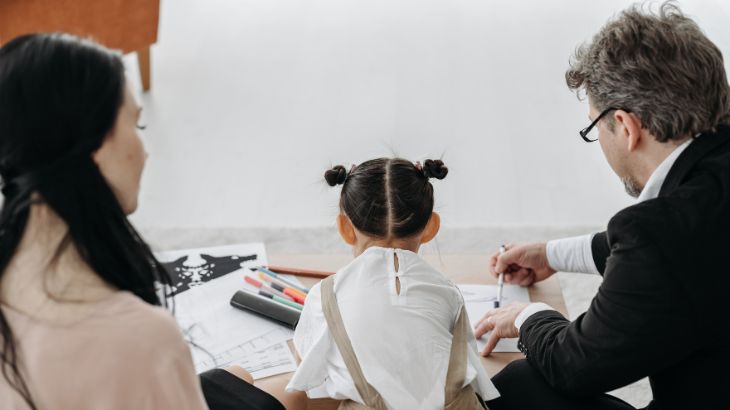Understanding Legal Guardianship in Thailand

Key responsibilities of a legal guardian may include:
- Providing daily care (housing, food, education)
- Giving legal or medical consent on the minors behalf
- Managing the minors assets (if authorized by the court)
- Reporting asset management to the court as required
Types of Legal Guardians
- Natural Guardian: Biological or legal parents.
- Court-Appointed Guardian: Appointed when no suitable parent is available.
- Testamentary Guardian: Appointed in a will by the parents in advance.
Duties of Legal Guardian
- Provide daily care including housing, food, and education.
- Manage the childs property (if assigned by court).
- Give consent on behalf of the child in legal and medical matters.
- Report to the court when managing assets.

Legal Guardian vs. Custodian
A Legal Guardian is someone appointed by law or by a court to make legal decisions on behalf of another person, typically a minor or someone who is incapacitated. They have full legal authority, including control over important matters like education, healthcare, and finances
A Custodian, on the other hand, is a temporary caretaker. They are responsible for the daily care of a person but do not have full legal rights to make major decisions. A custodian might be a teacher, a relative, or someone entrusted with short-term care.
Legal Framework in Thailand
- Civil and Commercial Code (Sections 15851598/38)- Child Adoption Act B.E. 2522
- Child Protection Act B.E. 2546
- Juvenile and Family Court Act B.E. 2535
Examples of Usage
1. The legal guardian must provide consent before the minor undergoes surgery.
2. A legal guardian can represent the child in legal proceedings.
3. Official forms involving minors must include the legal guardian's name.


